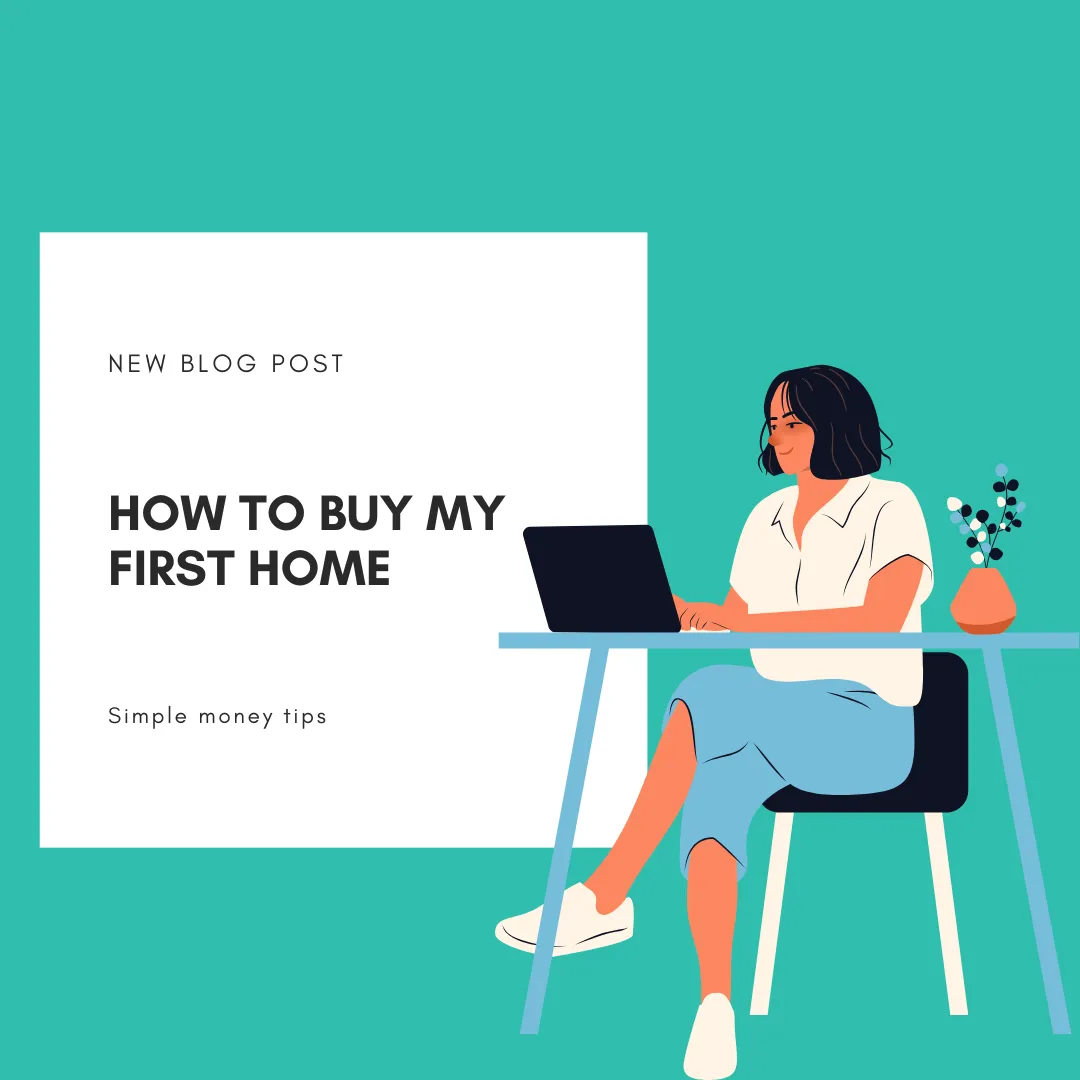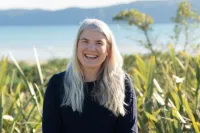Our Latest Articles

How Can I Buy My First Home in New Zealand?
How Can I Buy My First Home in New Zealand?

Buying your first home is one of the most exciting milestones in life — but it can also feel overwhelming. Where do you even start? In this blog, I’ll share 4 practical tips to help first home buyers feel calm, confident, and ready to take the next step.
1. Decide What Kind of House You Want
Before you dive into the numbers, think about the type of home you’d like to buy:
How many bedrooms and bathrooms do you need?
Do you want a home you can renovate, or something move-in ready?
What area do you want to live in? (Consider schools, commute, lifestyle.)
Once you know this, you’ll get a clearer picture of how much money you’ll need — and the deposit required.
How much deposit do you need to buy your first home?
Typically, banks ask for 20% deposit.
Some lenders allow 10% deposit, but you’ll need to meet extra criteria.
Pro tip: Don’t wait until you’re pre-approved to start learning. Visit open homes, chat with real estate agents, and ask about upcoming properties. This also helps you get a feel for the market.
2. Talk to a Mortgage Adviser You Trust
A mortgage adviser is your guide through the lending process. Ask friends or family for recommendations, then have a chat to see if you’re a good fit.
Why is this important?
You’ll be working closely with them, so you want someone you can ask any question.
A broker tells your financial “story” to the bank, so they need to understand you and your goals.
A good broker will give you insider tips to set your application up for success.
Remember: finding the right mortgage broker can make the whole process far less stressful.
3. Set Up a Clear Banking Structure
One of the easiest ways to strengthen your mortgage application is to show the bank you manage money well.
Here’s what helps:
Have separate accounts so it’s clear what money goes where.
Track what’s coming in and what’s going out.
Show a regular surplus (leftover money).
A mortgage broker can quickly run through calculations with you to check if your loan is affordable — and give you tips to improve if needed.
4. Create a Strategy Before You Apply
Banks have clear rules around lending. Here are a few things to know before applying:
Debt-to-Income Ratio (DTI): Most banks lend up to 5x your income.
Serviceability: You need to show a surplus when the bank runs its affordability calculator.
Buy Now, Pay Later (BNPL): Close these accounts. Banks don’t like them.
Credit Cards: The bank looks at your limit, not your balance. If you have a $10,000 limit but only owe $1,000, they still count it as $10,000 debt.
The more prepared you are, the smoother your approval process will be.
Bonus Tip: Boost Your Deposit with KiwiSaver
If saving for your deposit feels like the hardest step, you’re not alone. The good news?
You may be able to use your KiwiSaver for your first home purchase.
Review the type of fund you’re in — is it aligned with your timeline?
There may also be other investment options to grow your deposit faster.
This is a great time to talk with a financial adviser about your options.
Ready to Buy Your First Home?
Buying your first home in New Zealand doesn’t have to be stressful. With the right plan, support, and knowledge, you can feel confident and in control.
At FoxPlan and The Healthy Wallet Project, we help first home buyers:
Build a clear cashflow plan.
Understand what banks are looking for.
Create financial foundations for long-term success.
👉 Book a free, no-obligation chat today to start your journey to home ownership.
If you’d like more support, check out The Healthy Wallet Project, a 6-week cashflow confidence program designed to help you:
Understand your financial goals.
Build a money system that works for you.
Take the stress out of buying your first home.
Follow us on instagram for tips and support.

Empowering learners worldwide with accessible, quality education.
Links
Home
About Us
Pricing
Courses
Contact Us
Blog
Legal
Legal
Terms of Use
Term & Condition
Payment Method
Privacy Policy
Newsletter
Join our community to stay updated on the latest courses, exclusive content, and learning resources. Subscribe now and take the next step in your educational journey!

